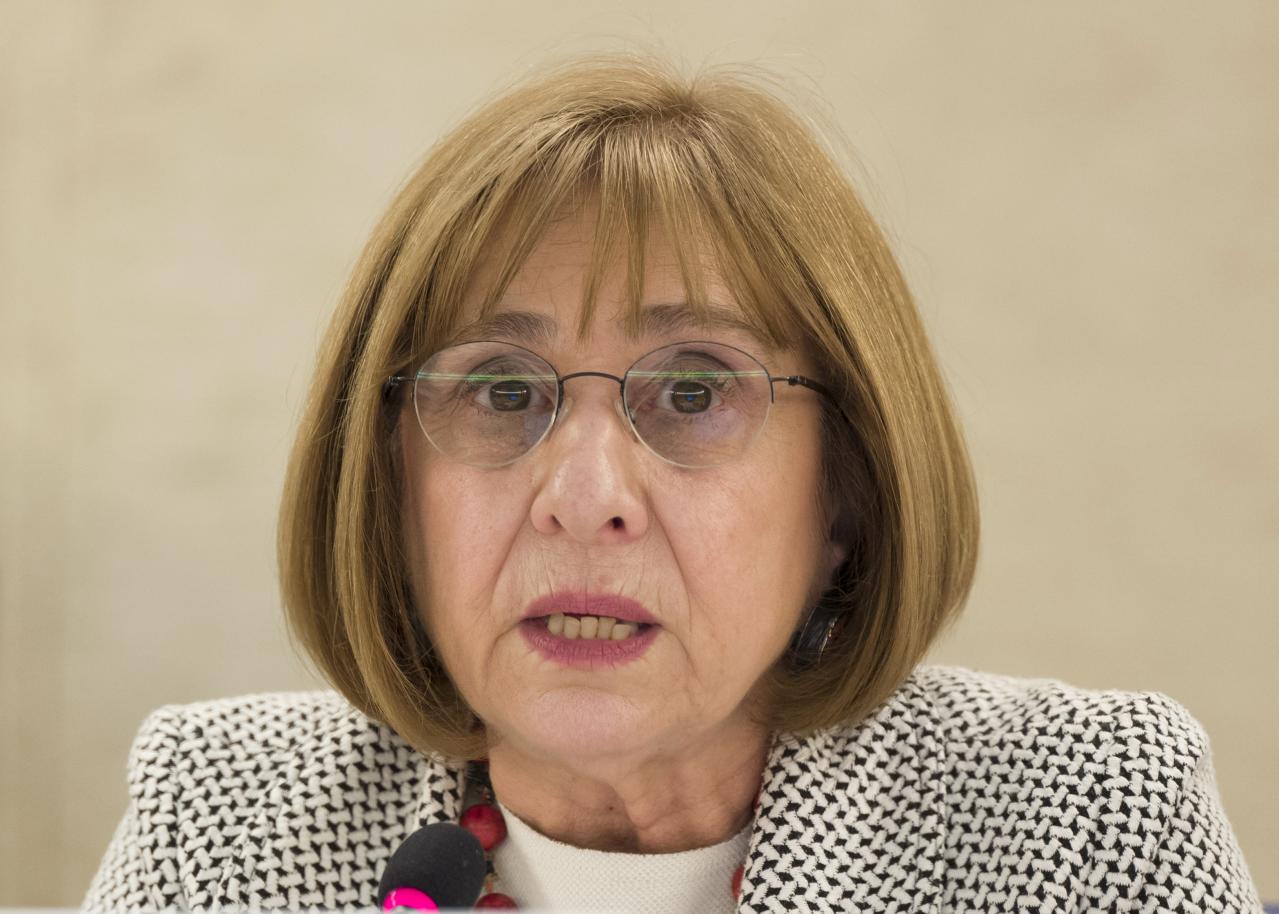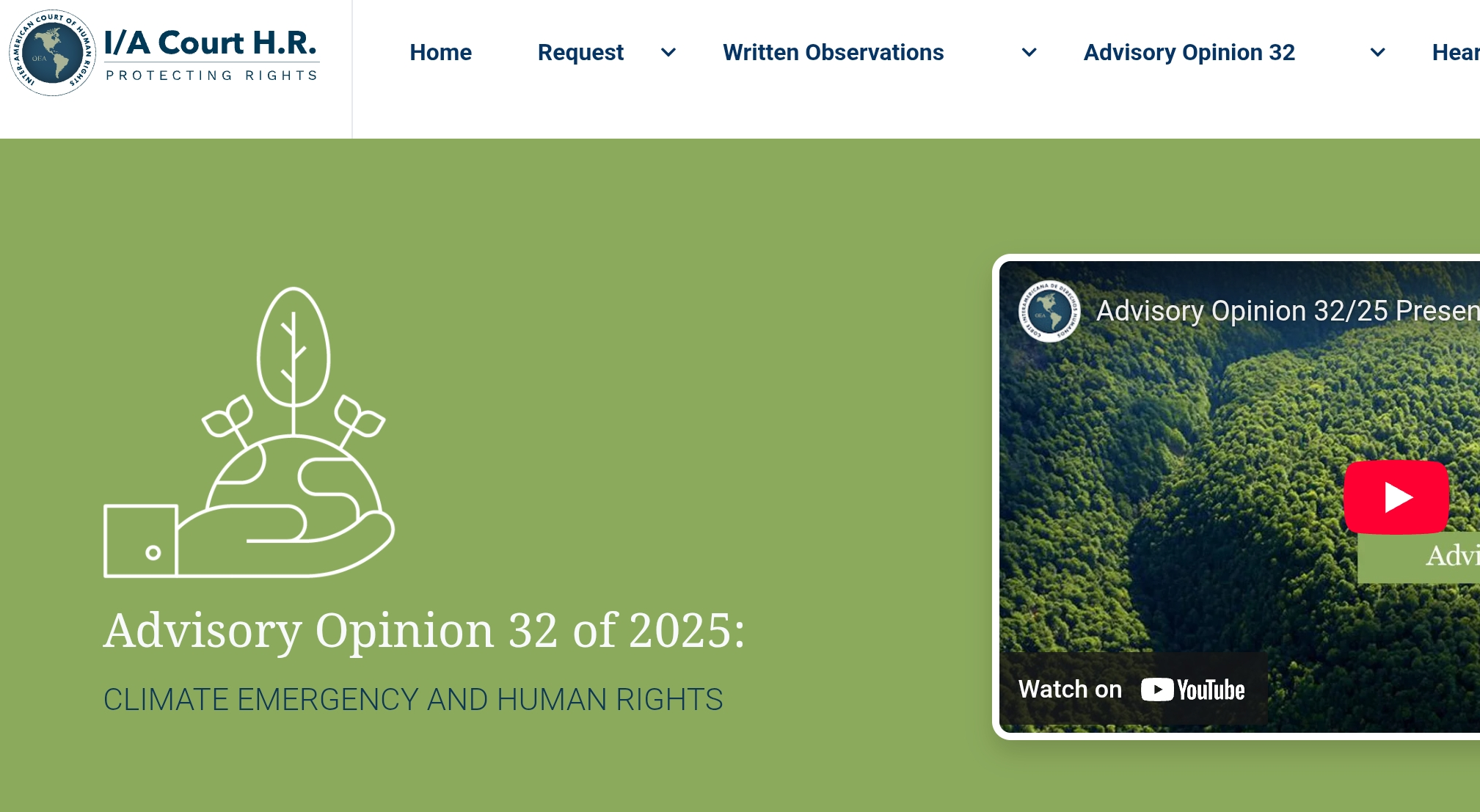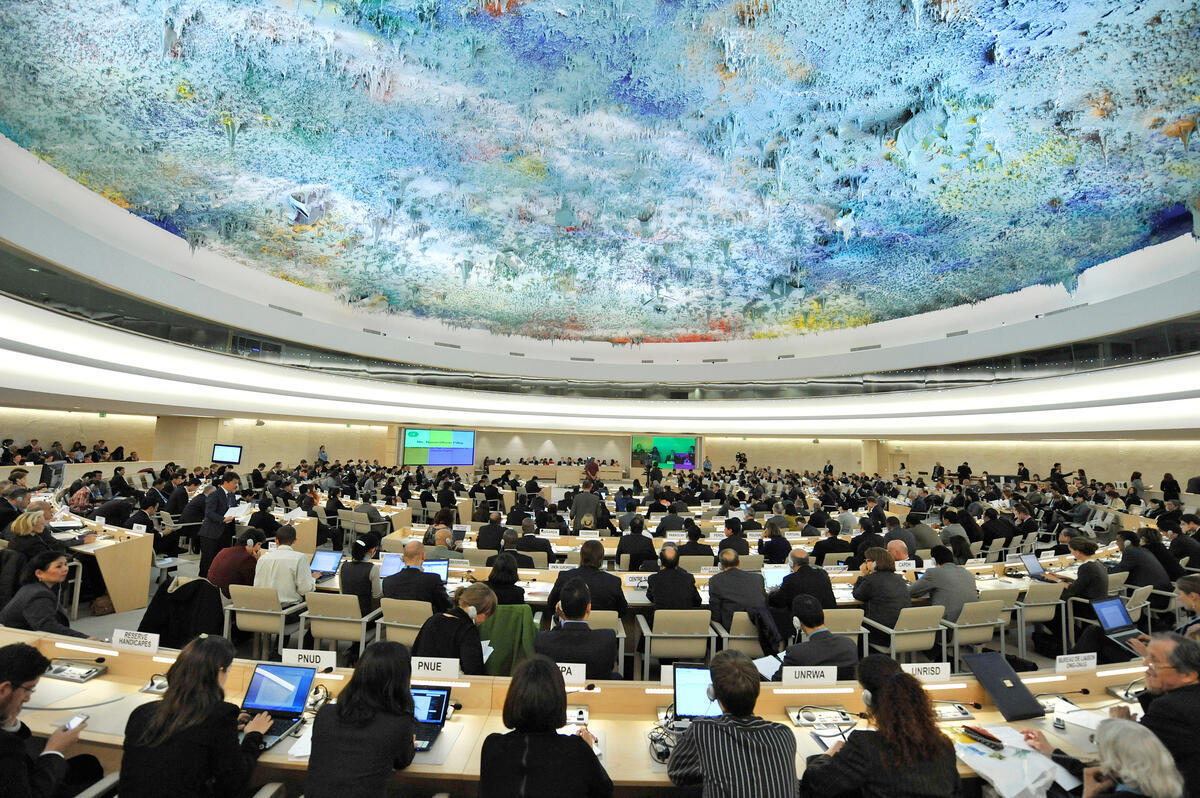请点此阅读中文版。
The UN Independent Expert on the human rights of older persons, Rosa Kornfeld-Matte, conducted an official visit to China from 25 November to 3 December. ISHR welcomes the Expert’s interest in further understanding China’s institutional and legal framework, as well as implementation of national and international standards. In her end-of-mission statement, she commended the government’s preferential policies and several ‘very good practices regarding lifelong learning and third age universities’, while stressing that the household registration ‘hukou’ system ‘remains a source of inequality’.
Sarah M Brooks, ISHR’s Asia advocate, explains that such efforts to exchange with international experts about best practices are important steps in improving the situation of human rights in China. It is evident that the government prefers to approach this in areas where it has made some progress – and where it can have what it views as a ‘constructive dialogue’.
‘Yet, structural barriers to equal protection persist, in particular for individuals in rural areas or who are part of ethnic communities,’ says Brooks. ‘One reason for this is that there are very few opportunities or incentives for policymakers to course-correct. The limitations on open and public debate and political participation in the country have a serious impact on everyone, including the elderly.’
Local advocacy groups and voices from the ground have also been increasingly affected in their capacity to protect such rights by the authorities’ ongoing crackdown on independent civil society. The lack of an independent judiciary and effective accountability mechanisms further undermine the capacity of rights groups and defenders to seek justice and remedy for rights violations.
‘Rights-based policies are not about one-way provision of social services to a specific population, but about empowering individuals and communities’ emphasizes Brooks. ‘It’s about ensuring their active and equal participation in decision-making, while providing them with tools to hold decision-makers accountable’. In her final statement, the Expert stressed the need for normative or policy action to ‘adopt a human rights-based approach which places the individual at the centre’.
Mounting political pressure on the UN independent experts
Despite repeatedly pledging to ‘fully cooperate’ with the UN human rights experts, the Chinese government has adopted a highly limited and selective approach in issuing invitations to visit the country. Over the past 20 years, China has hosted only seven of them; meanwhile, more than 20 visit requests remain pending. Among those who have been invited, the thematic issues are highly skewed towards economic and social issues where the Chinese government sees its story as a success – women’s rights, extreme poverty, older persons and persons with disabilities.
Such issues are critically important, but should not be allowed to supersede civil and political rights issues that are also of major concern to human rights groups in China, and to the international community. For example, the Independent Expert’s visit comes on the heels of further public documentation of mass repression of minorities in Xinjiang; a growing number of States, and the UN Human Rights Office itself, have made repeated calls for unhindered access to the region, which have seen no traction at all. At the end of her visit, the Expert expressed her ‘hope that [this] visit contributes to multiply and further deepen existing avenue for cooperation with the UN Human Rights mechanisms and the OHCHR’.
‘We hope the Expert understands the unique window of opportunity provided to her. Sending the right message to the authorities in terms of meaningful cooperation with the UN human rights mechanisms is more crucial than ever’, says Brooks.
In light of the above, and in particular in the context of the visit of the Independent Expert, ISHR provides the following recommendations for official visits to China by the Special Procedures:
- While acknowledging achievements and good practices, the end-of-mission statement and final country visit report should be anchored in a human rights-based approach, and emphasise underlying principles of participation, non-discrimination, accountability, empowerment and legality;
- Experts are encouraged to give due attention in their public reporting to challenges they personally faced in the conduct of their visit; all states, including China, have an obligation to respect the independence of Special Procedure mandateholders and ensure that visits take place in line with the Terms of Reference for country visits by Special Procedures;
- Experts should treat seriously any case of intimidation or reprisals reported against individuals or groups who cooperated, or sought to cooperate, with the expert. This includes activities such as participating in meetings before, during and after the country visit; providing written inputs or sharing independent research; and commenting on the visit and the report through any medium, whether in social media, interviews, or a statement to the Human Rights Council.
The Independent Expert’s report will be presented at the 46th session of the UN Human Rights Council in September 2020.
For more information, please contact Sarah M Brooks (at [email protected] or on Twitter at @sarahmcneer); or Raphael Viana David (at [email protected]T or on Twitter at @vdraphael).
Photo: Flickr / UN Geneva




